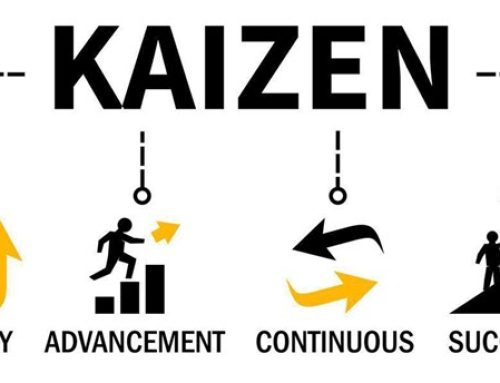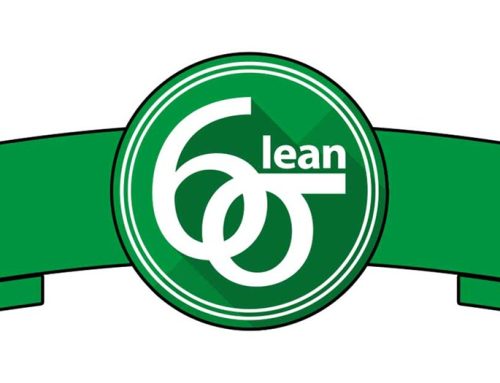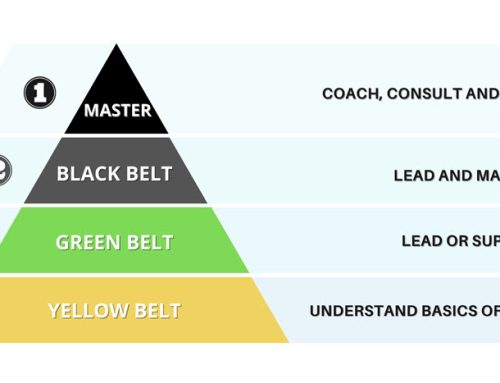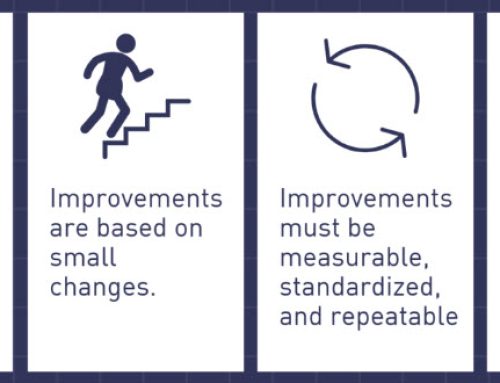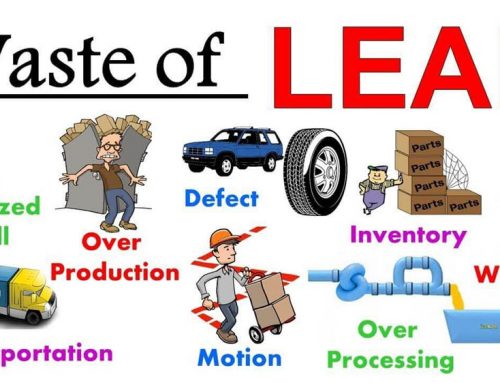Employee empowerment can be interpreted in a variety of ways. It all comes down to responsibility and confidence. It arises when you offer employees some authority and freedom for decision-making in their everyday job. When you allow workers to take the initiative, make decisions, and chart their own route to success, you promote a positive work environment.
Employees that are empowered are more passionate, dedicated, and perhaps more productive. The benefits of providing workers with the skills and resources they need to manage or oversee their respective tasks effectively, strive towards their objectives and advance their own careers are limitless.
Using lean manufacturing techniques to decrease your company’s waste output may have next to no impact if you don’t take your employees into account.
Lean is more than processes, and techniques; it is also a culture. This culture enables instruments, procedures, and strategies to help create a culture of excellence. Providing everyone the same chances and resources to succeed is an important element of building this culture.
Following are the ways employee empowerment is included in lean manufacturing, defining the meaning and importance of the technique.
New Ideas are Encouraged and Implemented
In lean manufacturing, the management is open to receiving new ideas, feedback, and tips that can potentially improve significant portions of the business. Every employee has their designated tasks and duties assigned within the company. They focus on their areas and have visibility of things the management can’t.
Employees bring in a fresh perspective to carry out tasks to improve the organization. With their provided feedback, companies can overcome the shortcomings and benefit from the broader viewpoint in the long run. This will increase the overall efficiency and boost the morale of the workers.
Constructive Criticism is Key
If an employee makes a mistake, instead of being harsh on them or humiliating them in front of the staff, one should address their fault in the person. Explaining what they did wrong and how they can work to overcome the flaws will be a great benefit.
Telling employees what they did right and how their good work affected the company will make them feel confident. Praising them when they do something right and giving them constructive feedback when they make a mistake empowers employees in more than one way.
Allowing Employees to Carry Out the Tasks on their Own
Everybody has their own style of completing tasks, which is why micromanaging employees may be problematic. Allow people to accomplish their work using the techniques they choose. There is no need to interfere with their job as long as they grasp the result.
Employees will respect their efforts and feel accountable if they are given this level of autonomy. They will pay close attention to the minute aspects involved in performing their job. Employees would be encouraged to perform kaizen, which is the concept of continual or micro improvement.
Setting Healthy Boundaries
Making the expectations clear to employees might help them feel more at ease when completing their responsibilities. That is, they have freedom yet are conscious of the restrictions. Setting boundaries can also give the employer peace of mind that their plans will not have a negative impact on the organization.
These restrictions might be imposed by informing them of the company’s objectives. This will enable employees to make decisions that are consistent with those goals. They will gain confidence in their planning and organization and become more productive in their job.
Hard Work is Appreciated and Praised
When employees are primarily performing their job for monetary gain, they may be unmotivated to work hard. That’s because when they put in a lot of work on some days and then fall short of the other, they will get the same salary. Another reason for a declined interest is not being appreciated for their hard work.
Acknowledging their efforts can help them alter their minds. Employees should be encouraged to work hard and put in the effort constantly. They might even wish to work harder to enhance their work habits.
The meaning of employee empowerment in lean production is the permission of employees to make decisions related to the operations without needing to seek approval from people in positions of authority.
This empowering process invariably entails ‘flattening’ the company’s organizational structure with a less hierarchical management style. Workforce training is required for this to be effective because effective judgments depend on lower-level employees’ knowledge.


